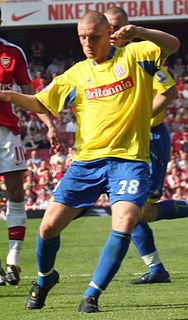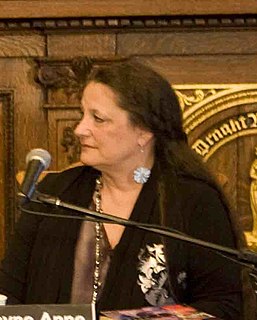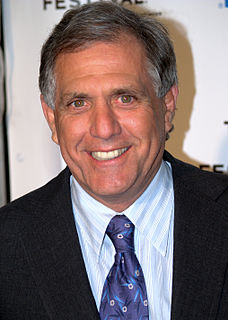Цитата Альберта Эйнштейна
С другой стороны, хотя у меня регулярный рабочий график, я нахожу время для долгих прогулок по пляжу, чтобы послушать, что происходит у меня в голове. Если моя работа идет не очень хорошо, я ложусь посреди рабочего дня и смотрю в потолок, слушая и визуализируя то, что происходит в моем воображении.
Связанные цитаты
Я думаю, что если когда-либо и было время, когда нам больше нужна музыка, так это сейчас. Для наших детей это учит уделять время, слушать, работать вместе, слушать других людей и использовать свой мозг. Вот почему классическая музыка не работает, когда вы бросаете ее в людей на платформе метро, когда они спешат на работу. Классическая музыка — это то, что нужно созерцать, вы должны полностью присутствовать с активным умом, который работает. Это не фоновая музыка.
Музыка для меня никогда не была чем-то, что я мог бы слушать во время чтения книги. Особенно, когда я занимался музыкой, если я собирался слушать музыку, я собирался надеть наушники или включить стереосистему, и, ей-богу, я собирался сидеть и просто слушать музыку. Я не собирался разговаривать по телефону и работать в режиме многозадачности, чего я все равно не умею.
Наименее впечатляющие дети в моем классе — это те, кто слушает только один вид музыки. Они слушают только кантри или только рэп, или госпел, или что-то еще. Это печально. Я очень стараюсь заставить их выйти и послушать. Удивительно, чему ты учишься. ... Я все еще пытаюсь учиться. Не похоже, что я собираюсь стать певицей калипсо. Этого не произойдет, но я уверен, что в этом есть что-то, чему я могу научиться и применить в своей работе.
Заберитесь к ней в голову. Заберитесь в голову любого персонажа и спросите, чего он хочет от этой сцены. И если вы работаете с точки зрения того, что они хотят, не будет никакого неправильного ответа. Будет несколько скучных ответов, но ни один из них не будет неправильным. Пока у нее есть свобода действий, ты на правильном пути.
Если люди очень успешны в своей профессии, они теряют смысл. Взгляд идет. Им некогда смотреть картинки. Звук идет. Им некогда слушать музыку. Речь идет. У них нет времени на разговоры. Человечество идет. Зарабатывание денег становится настолько важным, что они должны работать ночью так же, как и днем. Здоровье идет. И они становятся настолько конкурентоспособными, что не будут делиться своей работой с другими, хотя сами имеют больше. Что же остается от человека, потерявшего зрение, слух и чувство меры? Только калека в пещере.
Когда мяч не лжет, вы можете посмотреть на это так: «Хорошо, если я приложу все усилия к броскам, что произойдет?» Мяч собирается войти больше. Если я делаю много тяжелой работы в тренажерном зале, в тренажерном зале, я вношу эту тяжелую работу - тогда на протяжении всей вашей карьеры этот мяч не будет лгать.
Утром после того, как моя семья уходит, я делаю свой первый за день кофе, а затем поднимаюсь наверх, чтобы пойти на работу. По крайней мере, это мой план. Я не собираюсь проверять электронную почту. Я не захожу на Facebook и не заглядываю в свою ленту в Instagram. Нет. Я не собираюсь идти по этому пути. Но с несколькими устройствами, к тому времени, когда я поднимаюсь наверх [в свой кабинет], я, возможно, слышу, как звонит мой iPhone, и - это павловский.
У вас много опыта, чтобы заниматься хип-хопом в Европе. Когда вы гастролируете, когда вы выходите туда, большинство людей, которые приходят, чтобы увидеть вас в зале, слушают много разной музыки, не только хип-хоп; они не головы. Время от времени вы будете давать небольшие концерты перед тремя или четырьмя сотнями людей, которые являются только головами хип-хопа, и они будут понимать и знать все о трюках и чванстве, но остальные люди это обычные европейцы, которые слушают поп [или] рок-н-ролл.





































